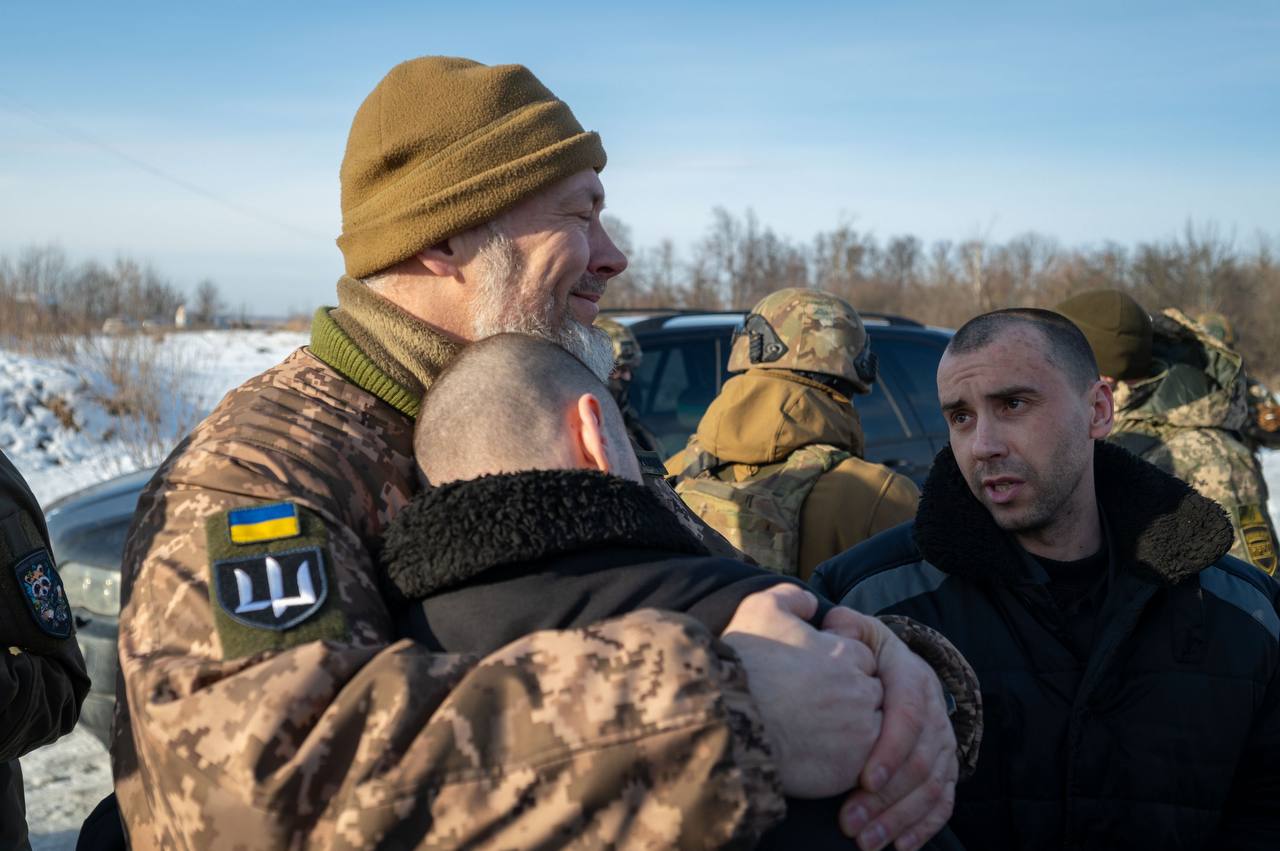UN Court rules Russia broke international anti-terrorism financing treaty

Russia violated an international convention on prohibiting terrorist financing by supporting its proxies in Ukraine's Donetsk and Luhansk oblasts in 2014, the UN International Court of Justice in The Hague ruled on Jan. 31.
Ukraine first began proceedings against Russia in 2017, arguing that it had been financing terrorism in Ukraine's Donbas region.
The court noted that "the situation in Ukraine is very different today" as the two parties are "engaged in an intense armed conflict that has led to a tremendous loss of life and great human suffering."
The ruling was therefore limited in scope to the events before the full-scale invasion of Ukraine in 2022.
According to the court, Russia violated its obligation under the Terrorism Financing Convention by supplying funds and contributing weapons and training to "illegal armed groups that engage in acts of terrorism in Ukraine," the court said. The ruling was passed by 13 votes to two.
Ukraine also accused Russia of attempting to erase Tatar and Ukrainian culture in Crimea after Russia illegally annexed the peninsula in 2014, thereby violating a human rights treaty.
The court ruled in Ukraine's favor that Russia implemented a discriminatory education system in Crimea "with regard to school education in the Ukrainian language" and has not complied "with its duty to protect the rights of ethnic Ukrainians."
"Data shows there was an 80% decline in the number of students receiving an education in the Ukrainian language during the first year after 2014 and a further decline of 50% by the following year," the court said.
"Such a sudden and steep decline produced a disparate adverse effect on the rights of ethnic Ukrainian children and their parents."
The court was not able to conclude, based on submitted evidence, "that the quality of the education in the Crimean Tatar language has significantly deteriorated since 2014."
While the court's judgments are final, it cannot enforce the rulings or ensure that reparations are paid.













